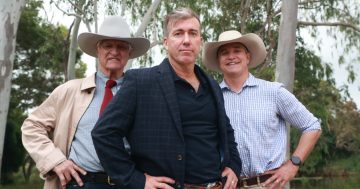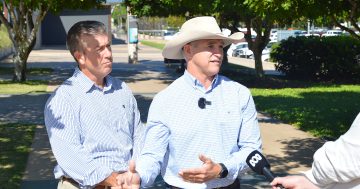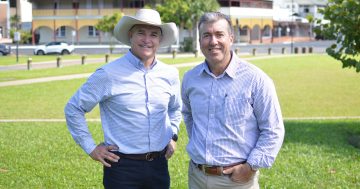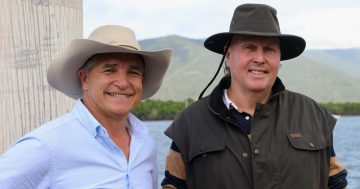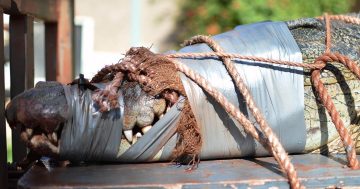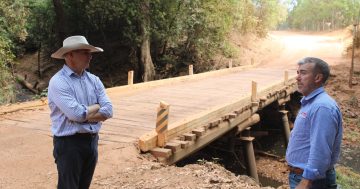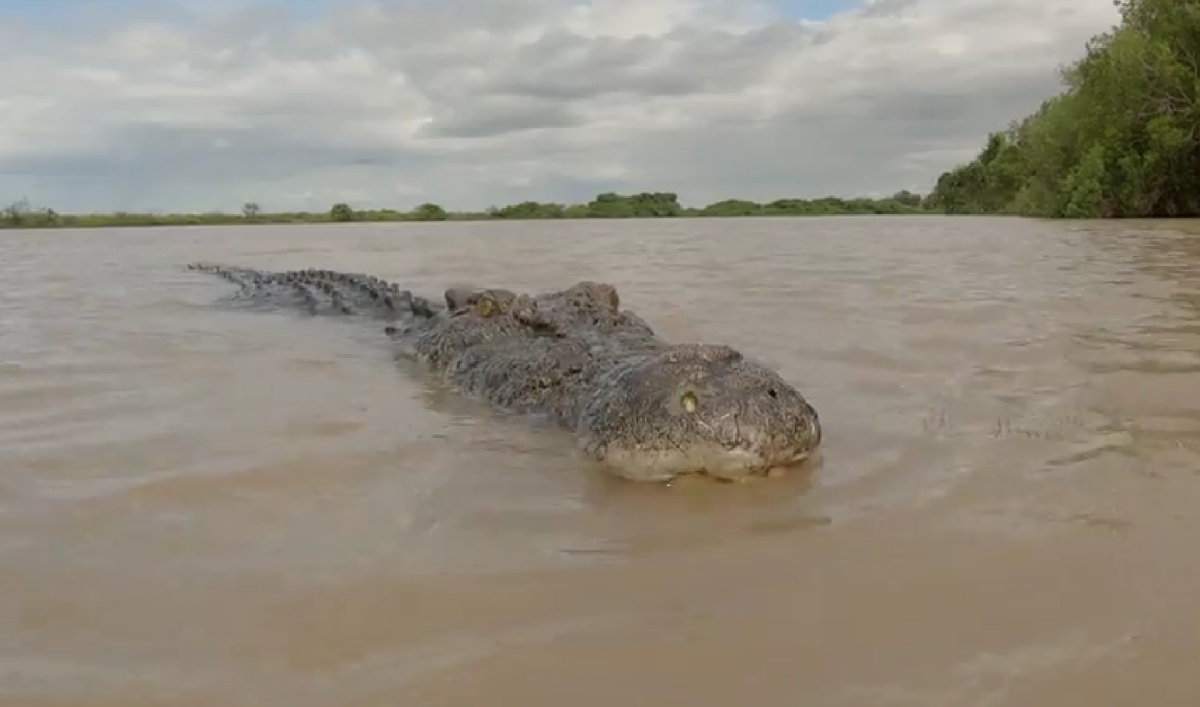
Katter’s Australian Party candidate for Cook Duane Amos says his party’s plan to introduce saltwater crocodile hunting has significant economic potential for Indigenous Cape York communities. Photo: Supplied.
The Katter’s Australian Party (KAP) plan to introduce saltwater crocodile hunting across the state could “drive economic diversification” across remote Cape York communities, says its candidate for the state seat of Cook.
KAP stalwart and Member for Hill Shane Knuth introduced a private member’s bill to State Parliament on 22 May calling for the establishment of the Queensland Crocodile Authority to lead balanced management of the crocodile population, reduce threat to human life and look at commercial opportunities regarding hunting.
The bill appears to focus on “prioritising human life in waterways that are heavily used by North Queenslanders” from Port Douglas south to Townsville, and Mr Knuth said he wanted locals and visitors to be able to utilise beaches and rivers without the threat of getting “ripped to pieces”.
“I am saddened that our tourism industry is trying to promote our beautiful beaches and waterways, but when tourists arrive, all they see are crocs signs and beach closures, and warned that if you swim you are potentially going to be ripped to pieces,” he said.
KAP candidate for Cook Duane Amos said he believed the potential economic impact paid crocodile hunting could have on Indigenous Cape York communities meant the bill deserved consideration.
“This initiative is poised to drive economic diversification within communities,” he told Cape York Weekly.
“By fostering new skill sets and capabilities among rangers, the bill has the potential to encourage the development of small businesses and entrepreneurial ventures; these ventures could range from ecotourism operations to artisanal crafts, thereby opening new economic avenues and reducing reliance on a single industry.
“This empowers Indigenous communities to lead sustainable hunting activities, which not only provide food and leather goods, but also cater to emerging markets, such as the pet food industry.”
Mr Amos said the bill would mean those with first-hand experience about local crocodile populations would be driving decision making about monitoring and management.
“The key issue is to ensure a local decision-making approach driven by those who face the actual risks, rather than a policy-driven approach from Brisbane,” he said.
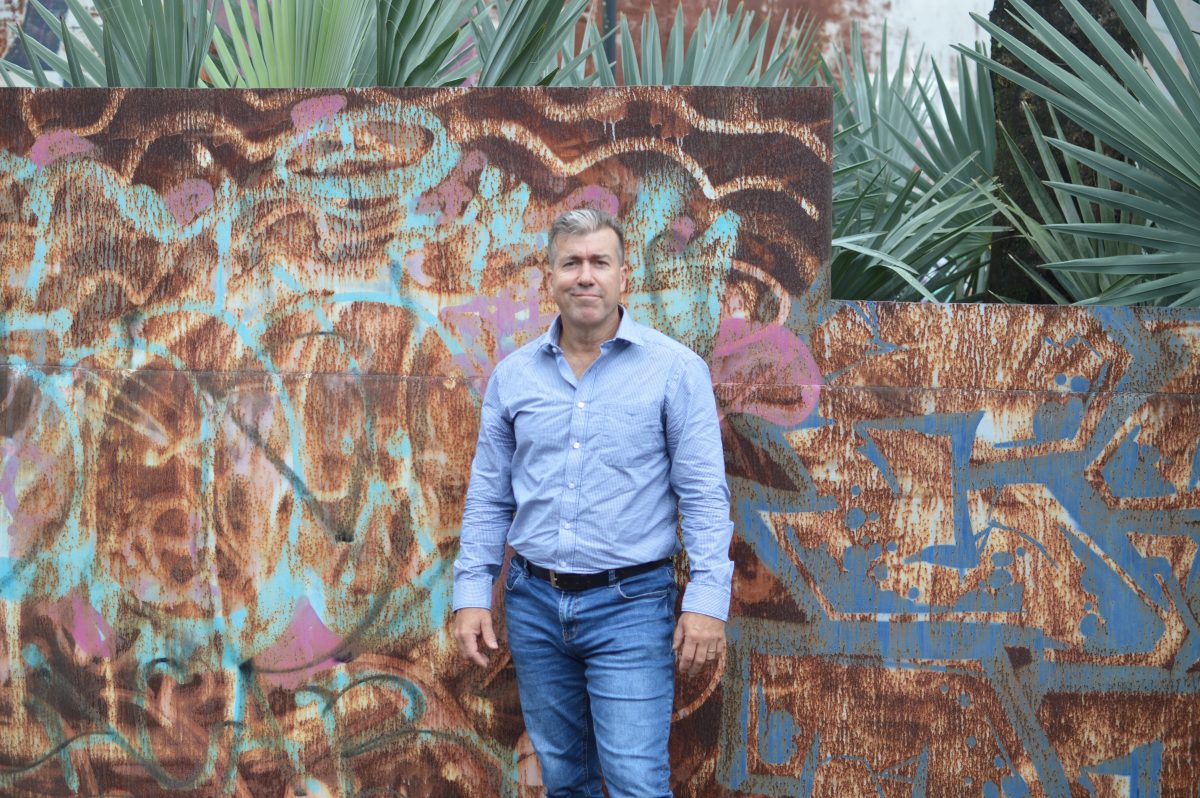
Duane Amos says the private member’s bill introduced by Katter’s Australian Party MP Shane Knuth on 22 May could use sustainable crocodile hunting to drive other economic opportunities for remote Cape York communities. Photo: Lyndon Keane.



